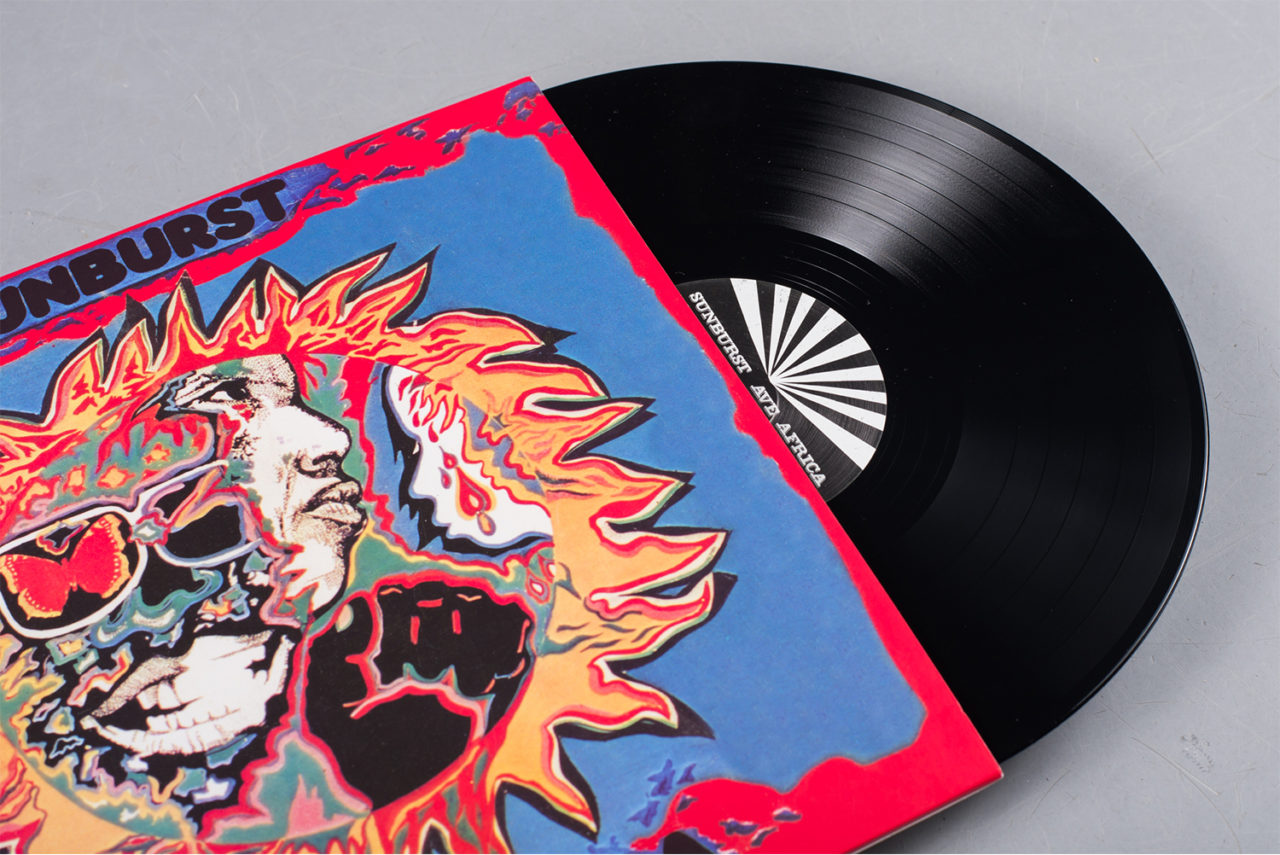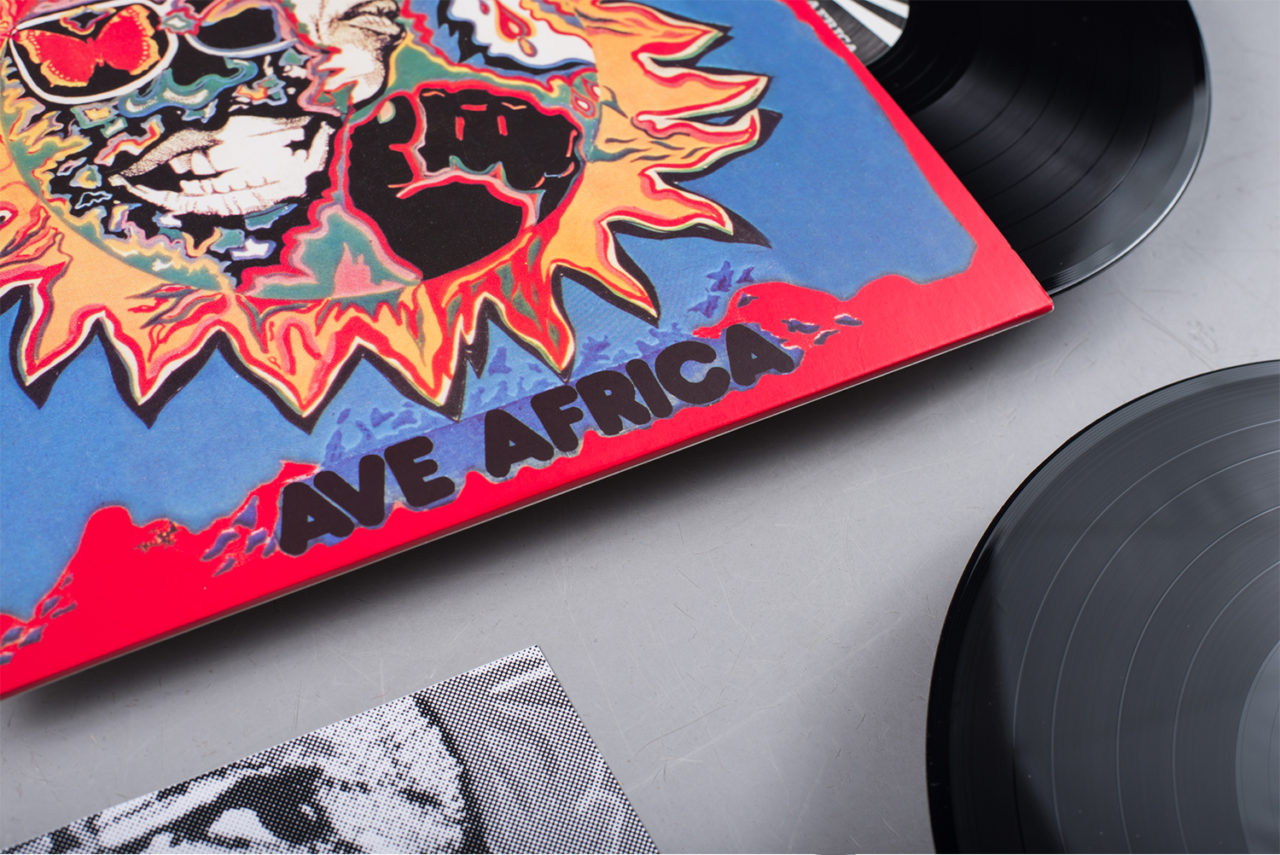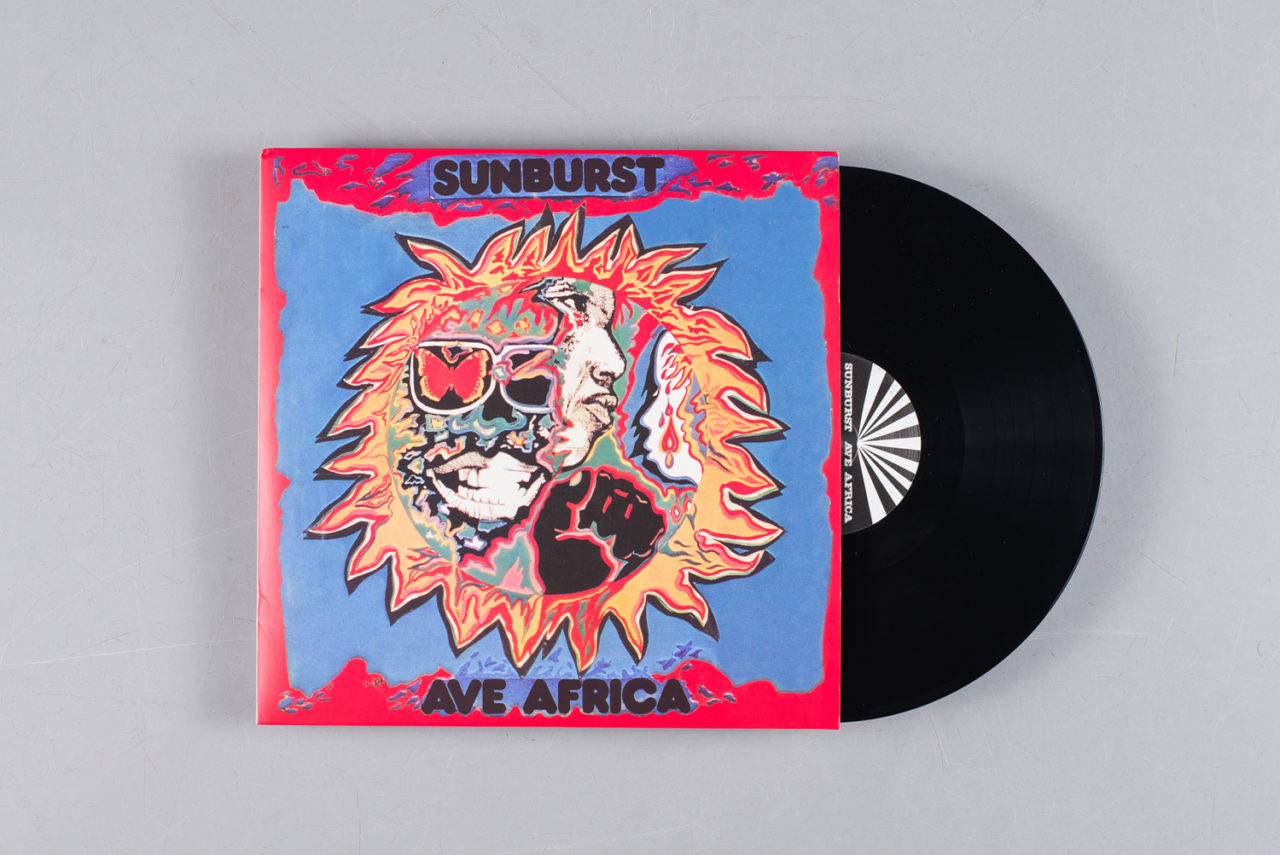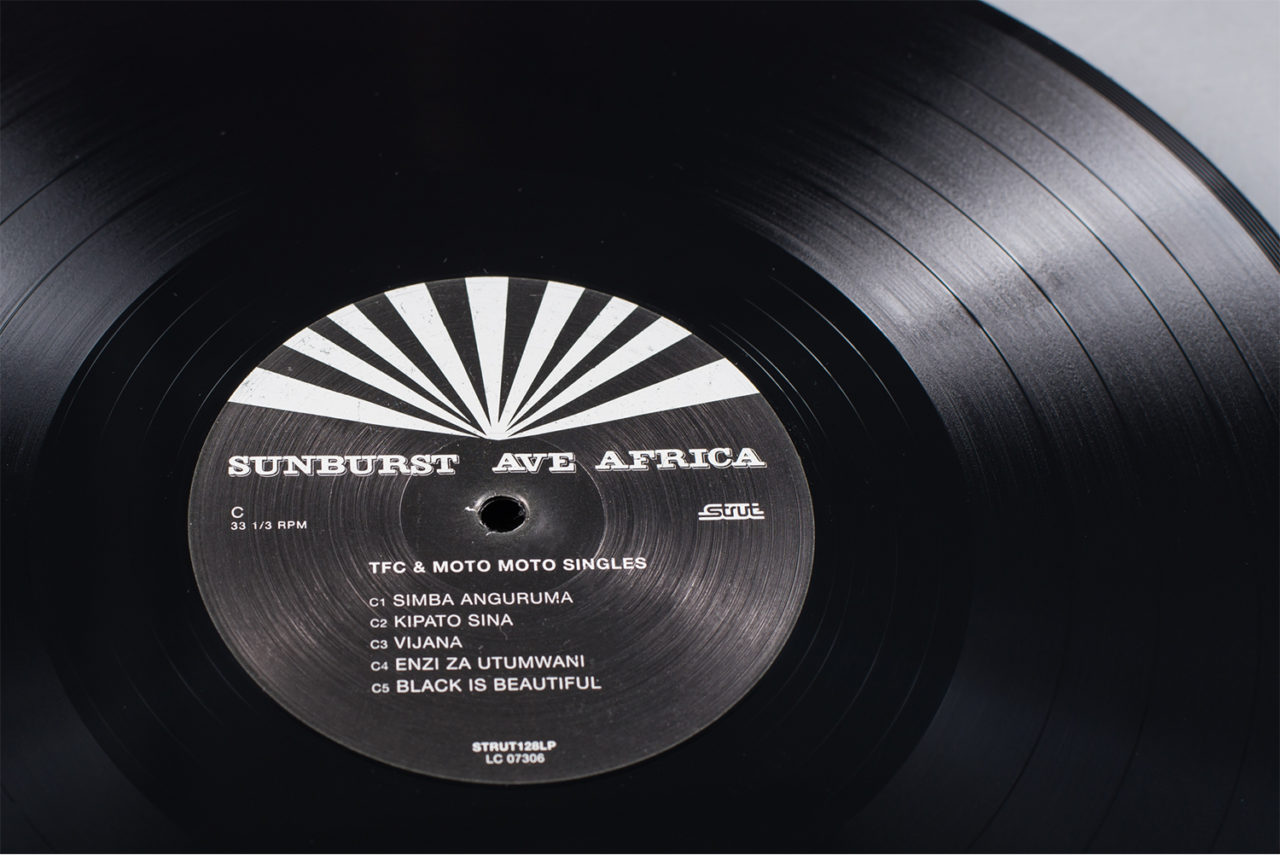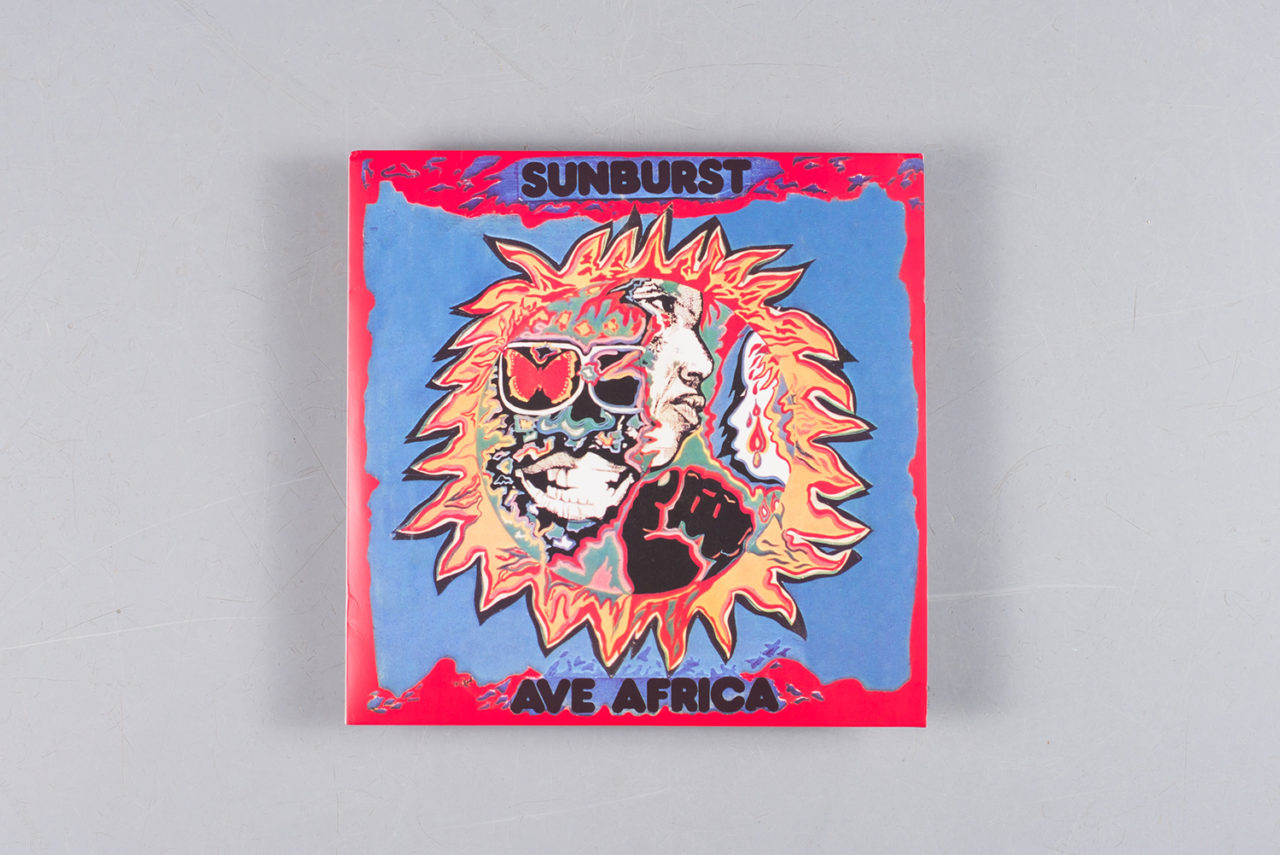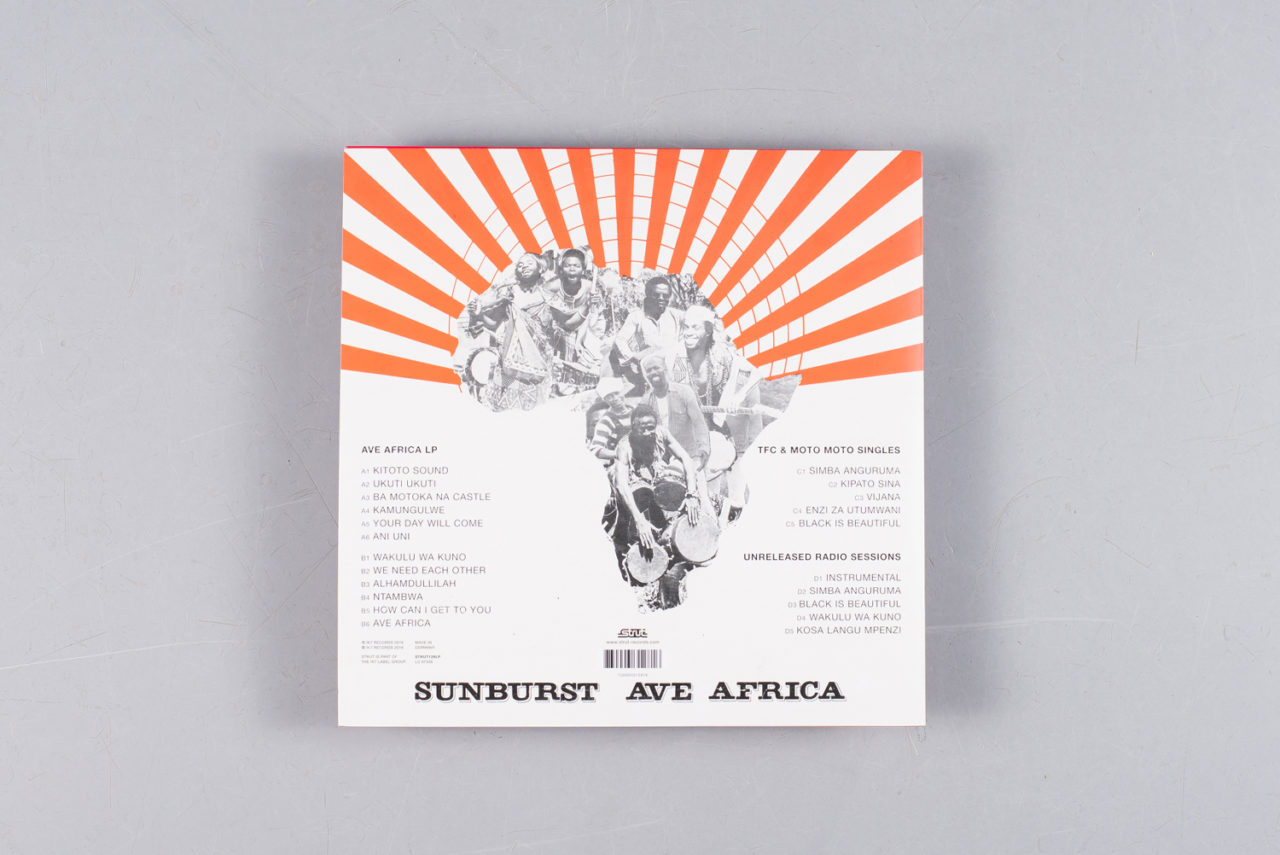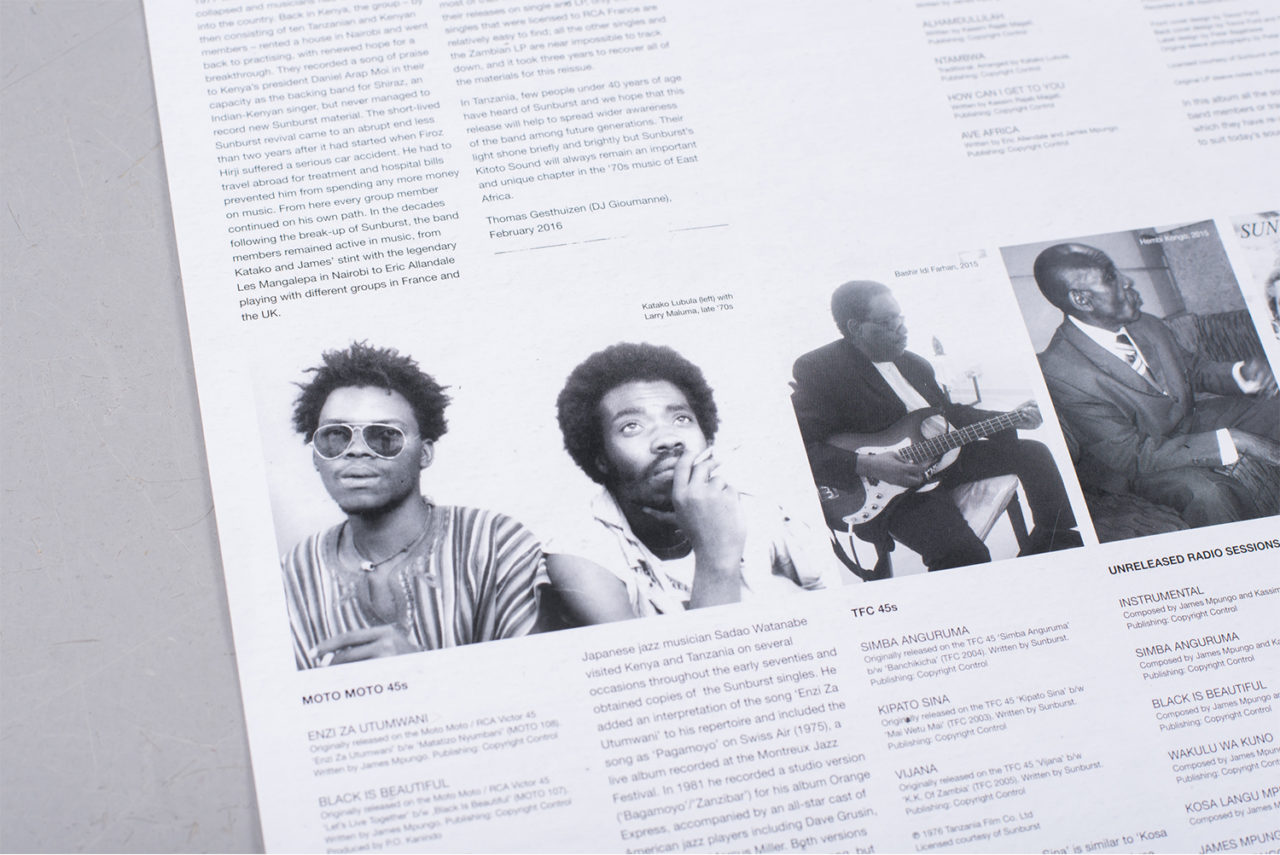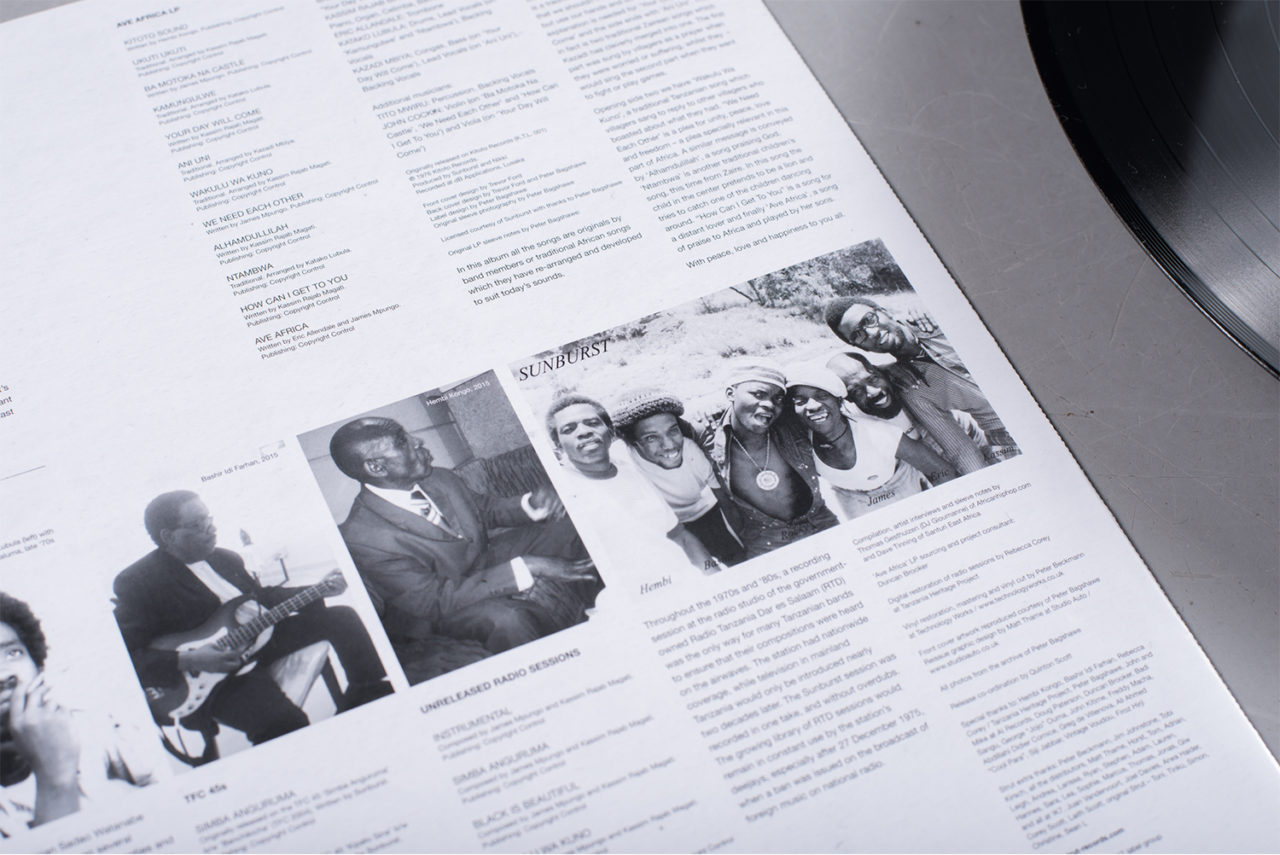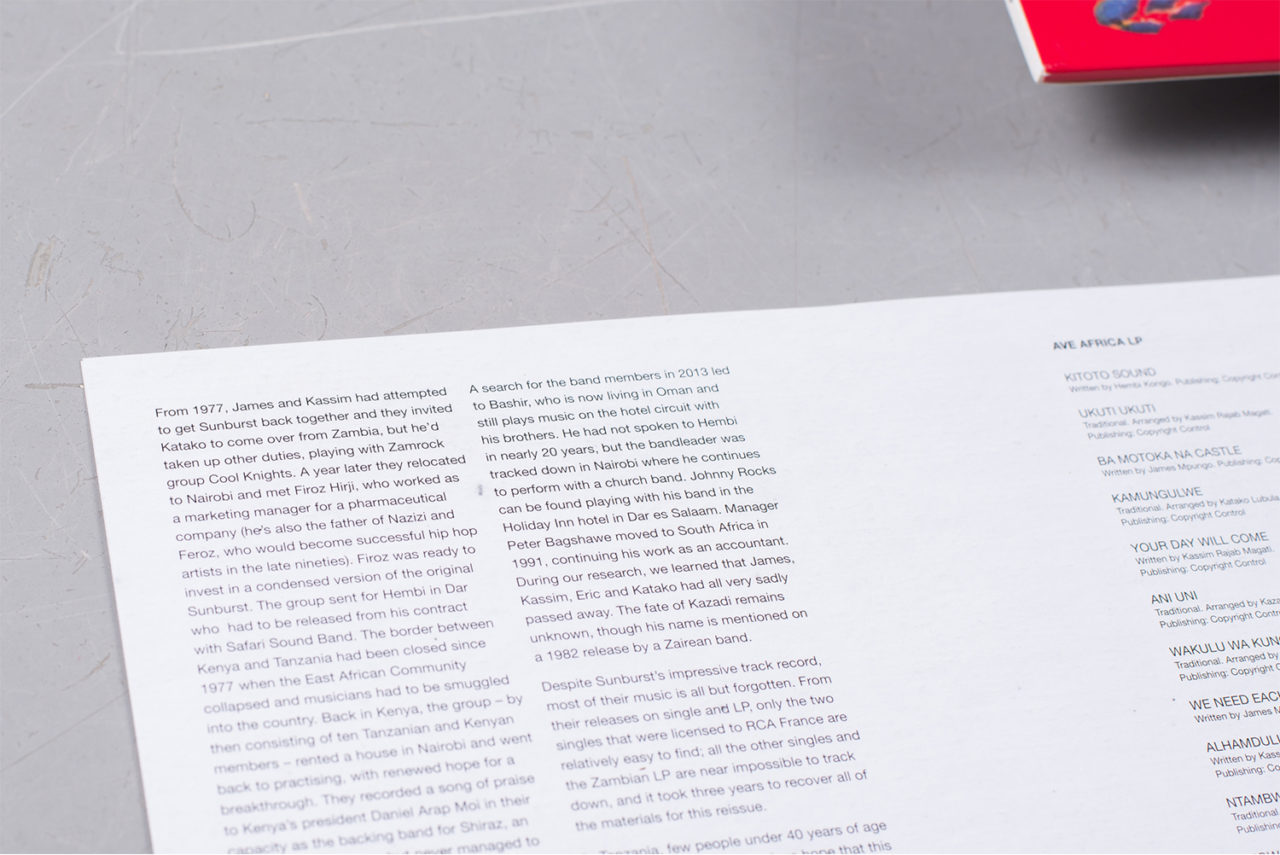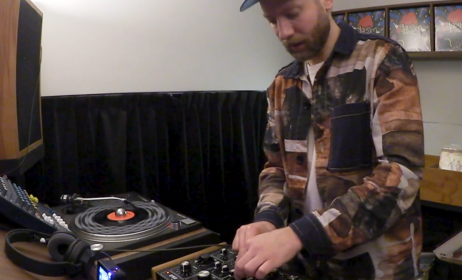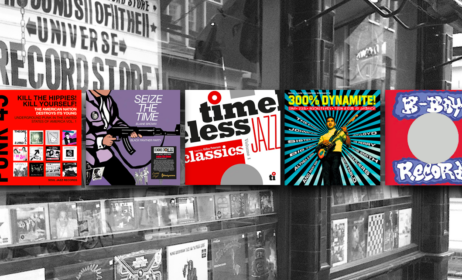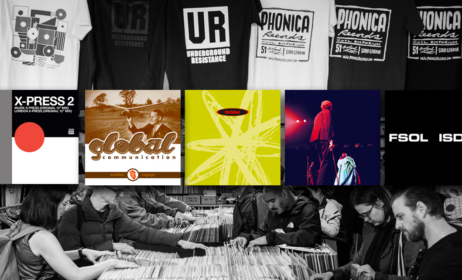Published on
August 1, 2016
Category
News

The short-lived pan-African outfit made music for the people.
With members hailing from six different countries across Africa, Sunburst could have struggled to carve a musical identity. As the liner notes say, their’s was ““a fusion of the traditional sounds of Africa with Western Rock, spiced with a piece of the Caribbean”.
Liner notes are often purposefully vague, but to understand exactly what Sunburst were all about you really had to just listen to the music. With three continents competing for influence over their sound, all the band could do was embrace plurality.
Listen to the track above you’ll see what we mean. In the crudest sense, the distorted guitars and psychedelic wah wahs speak of western influence, the clave-esque percussion of a Caribbean lilt, the vocal chanting of their African traditions.
As lead singer James Mpungo says, “We try to compose songs that have a bearing to the situation we live in.” For Sunburst that also meant coming to terms with retaining an African identity in the face of western influence – a tension which is particularly interesting given the band’s own fuzzed-up guitar sound.
“We sing a lot of songs criticizing our people for allowing themselves to be too westernized and throwing away their traditional values,” Mpungo says.
Tapping into a multitude of influences, styles, languages and stories, Sunburst released a single album Ave Africa, and a string of 7″s during a productive but short-lived existence between 1973 and 1976.
Led by the Zambian-born Mpungo, they operated on the fringes of a Zamrock scene now turning heads among reissues labels like Now-Again, who have worked to bring the music of Witch, Amanaz and others to wider audiences.
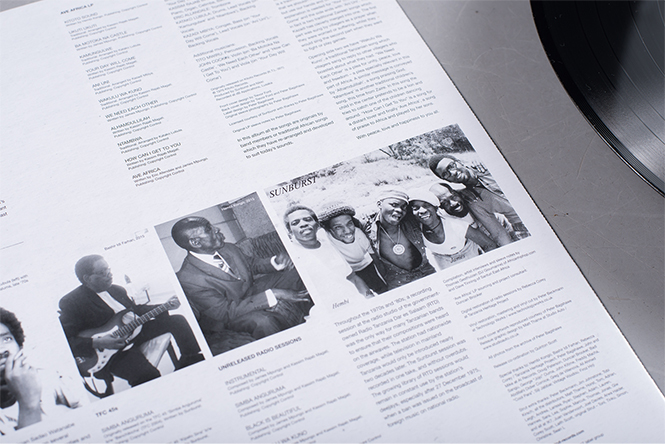
But rather than slot into a scene, Sunburst skated between them, crafting songs that could work both in a party context and to deliver their own brand of universal wisdom:
“Our songs are songs that support freedom struggles, songs that encourage peasants and workers to work harder, songs in praise of our leaders,” Mpungo says, expanding on the morality behind the music. “Above all, we preach love and happiness!”
Researched over two years by DJ Thomas Gesthuizen and Dave Tinning, Strut have collected two of the band’s 7″ singles with their only album and an unreleased Tanzanian radio session from 1973 on Ave Africa: The Kitoto Sound Of East Africa 1973-1976, which you can explore in more detail below.
Out now, you can order your copy here.


